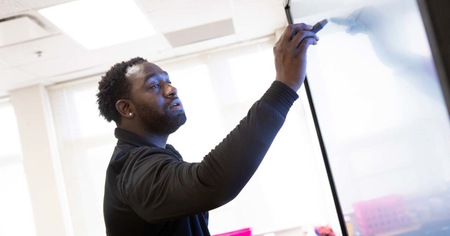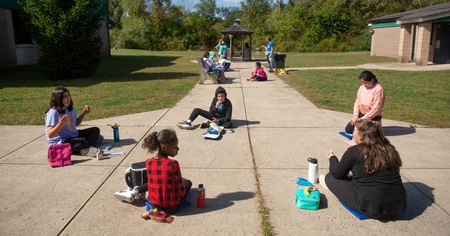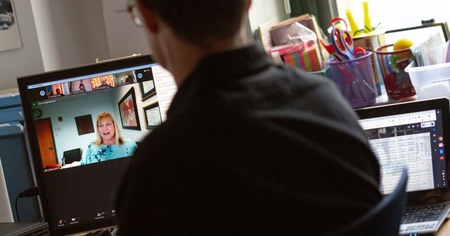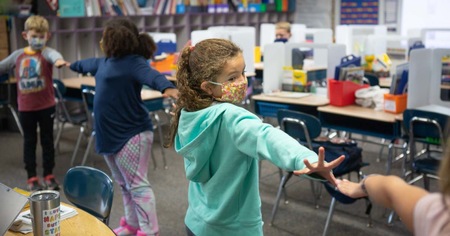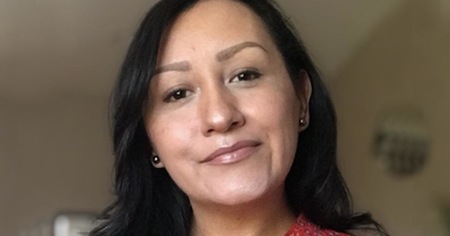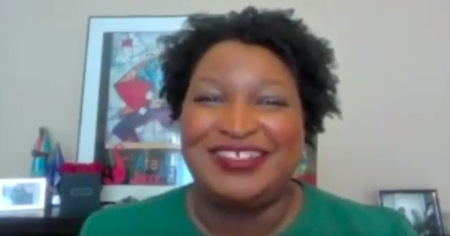Virtual PD
NAA offers a variety of opportunities for professional development through meaningful content, conversations, and connections. These opportunities are designed to strengthen the afterschool workforce and youth program quality by ensuring afterschool professionals and leaders are equipped to support young people, families, and communities.
Kelsea Rounds
Developing Adults’ Capacity to Promote SEL
In order to successfully and fully support students' social and emotional development, it's crucial for adults in schools and out-of-school time (OST) programs to develop knowledge and skills that will allow them to provide high-quality instruction and create a welcoming climate.
Developing Partnerships with Schools to Advance SEL Efforts
Partnerships between schools and out-of-school time (OST) programs are an integral facet to supporting youth development, especially due to the high potential to accelerate children's social and emotional development.
Launching and Coordinating SEL Work Across Multiple Sites
It's no easy feat successfully rolling out multi-site SEL efforts. Program leaders face many challenges along the way, including having an appropriate allotment of time along with school districts facing pressure related to academic instruction and test-based accountability that can often take priority over SEL.
Implementing SEL and Why It Matters
Social and emotional learning has long been shown to be beneficial for young people, and out-of-school time programs are a prime example of where that learning and development takes place. A recent report by the RAND Corporation dives in even further.
What You Need to Know About Trauma-Informed Practices: A Conversation with Dr. Jamie Freeny
You've heard about trauma-informed practices, but you may not be sure of what they are, the benefits, and how to integrate them into your work. Recently, Dr. Jamie Freeny from the Center of School Behavioral Health at Mental Health of America Greater Houston joined Heidi Ham, Vice President of Programs and Strategy of NAA, to answer questions about supporting young people through use of trauma-informed practices.
Meet Young People Where They Are Through E-Mentoring
One of the main tenets of youth development is meeting young people where they are—in their development, interests, experiences and spaces. With the ubiquitous use of the internet, cellphones and social media among young people, adults need to consider translating traditional programs to digital technology, to meet youth where they are.
Expert Advice: It’s Time to Consider an Equity Audit
If you've been on a journey to create a more inclusive and diverse programs, you likely already know that equity must be made a priority in all facets of an organization. Difficult conversations, more transparency throughout the organization, and ensuring you're hiring leaders who understand equity and inclusion are critical. But how do you know if your organization truly fosters equity appropriately, if at all? The answers partly lie in conducting an equity audit.
Member-to-Member Tip Off: Socially Distanced Group Games
In NAA's Reopening Afterschool Facebook group, members have been asked questions covering a variety of relevant and helpful topics with the goal of offering an exchange of tips between leaders and professionals in the field.
Stacey Abrams: "You have the ability to be truth-tellers."
Last spring, Stacey Abrams—one of the nation's leaders in voting rights whose work ahead of the 2020 election influenced record voter turnout in Georgia and beyond—joined NAA20 Reimagined Virtual Convention.
Why SoLD Should Be at the Core of All PD
When considering professional development topics for afterschool professionals, neuroscience probably doesn't rise to the top. It sounds like something best left to brain surgeons and psychiatrists, perhaps among the few roles afterschool professionals aren't expected to fill.
National AfterSchool Association • 2961A Hunter Mill Road, #626 • Oakton, VA 22124 • info@naaweb.org

